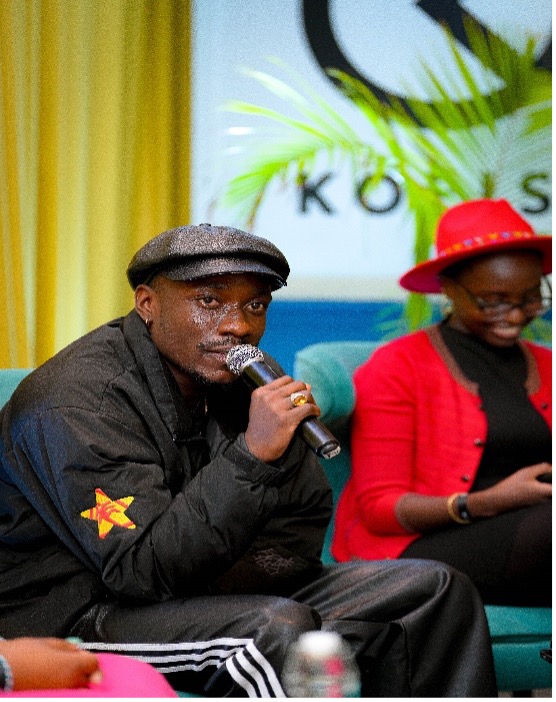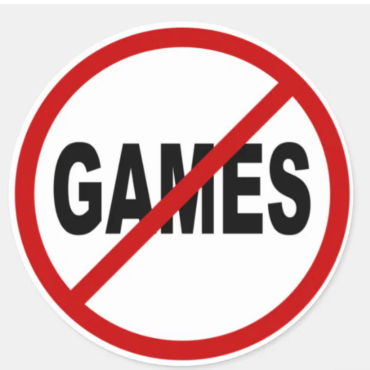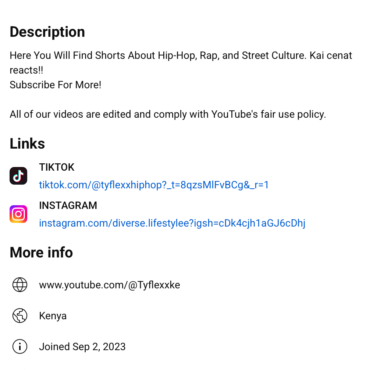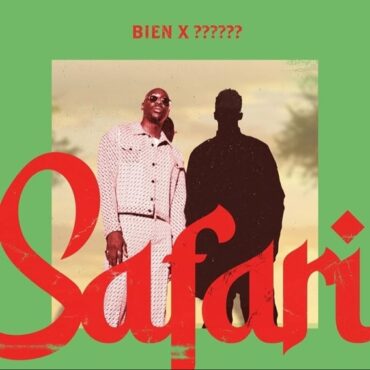Spotify says it has a new vision for Kenya’s music industry where artists are taking the lead on ownership, narrative, and innovation. During their latest masterclass held in Nairobi in partnership with Platoon, they brought together emerging artists, producers, and music industry players for an immersive session on what it takes to thrive in the streaming era. This is informed by the pivotal shift the Kenyan music landscape is undergoing as its long reliance on live gigs and traditional media is proving it needs evolution. The age of leveraging digital platforms to build a more scalable and globally relevant future is upon us, and Kenyan acts must not be left behind as their peers from other parts of the continent get embraced by global audiences.
Platoon, a London-based artist services company owned by Apple, is renowned for developing rising talent into global names while allowing artists to retain creative control and ownership. Their partnership with Spotify signals a strategic alignment between two streaming-era powerhouses. For the companies, this collaboration reflects a shared intent to deepen their footprint across East Africa, with Kenya as a key hub. For artists, it represents access not just to resources, but to infrastructure—funding, mentorship, marketing, and strategic exposure—that often remains elusive for creatives on the continent. The Nairobi masterclass was the latest in a series of initiatives aimed at marrying technological insight with artist-first thinking, a model both companies are betting on for long-term cultural and commercial success.
Spotify for Artists: Tools to Power a Career
At the heart of the masterclass was Spotify for Artists, the platform’s free analytics tool that offers real-time data on listener demographics, playlist traction, and global reach. For independent and emerging artists, this data has become essential, powering decisions on marketing, touring, and creative collaboration.
“I am constantly building my brand professionally, and platforms like Spotify help me tighten my approach, reach more listeners, and even build meaningful partnerships with other artists,” said Kenyan singer-songwriter Coster Ojwang, who is also a member of the music collective Kodongklan.
Fellow artist Billy Black added, “Spotify is opening up the market. More people are discovering our music, and that’s a game-changer. They’re not just supporting us, they’re part of our journey, and that’s helping grow a more connected and strategic ecosystem.”

Spotify’s tools don’t end at data. The masterclass highlighted the value of editorial and algorithmic programming, with Spotify’s initiatives like EQUAL, RADAR, and Fresh Finds serving as career accelerators. R&B singer Maya Amolo’s feature on Fresh Finds marked a pivotal moment—she became the first East African artist to be included, signaling a new level of international visibility for local talent. Others have followed. Nikita Kering’s placement on flagship R&B playlists, Maandy’s spotlight on RADAR Africa, and Buruklyn Boyz’s inclusion in editorial roundups have all provided strategic lifts to their careers. These placements do more than boost streams; they shape narratives, attract brand interest, and validate artistry.
“Alongside our strong team of playlist and music editors, Spotify’s recommendation engine is driven by data mining, which means your music can find the right ears at the right time,” said Warren Bokwe, Artist & Label Partnerships Lead for Spotify in Africa. He added that music videos should not be underestimated since “they’re a key part of discovery and help fans connect with you on a deeper, emotional level.” For many emerging artists, editorial support can mean the difference between being heard and being discovered. It’s not just about exposure—it’s about momentum.
Beyond the Beat: Ownership, Narrative, and Innovation
While creativity remains the pulse of the industry, the session also highlighted the importance of legal literacy. Artists were urged to understand copyright, safeguard their intellectual property, and treat their music like a business.
The Kenyan sound is also expanding. A new wave of artists is blending traditional influences with electronic, soul, and R&B—pushing sonic boundaries while telling deeply personal stories. The masterclass reinforced the value of intentional storytelling, creative experimentation, and leveraging data to guide next steps.
Linda Ayoola, the Global Head of Music at Platoon, reflected on the workshop, saying, “The collaboration between Platoon and Spotify to host an artist masterclass in Nairobi has been unparalleled. It’s been incredibly rewarding to experience the energy and hear the insights of the artist community on the ground. We hope to continue to make strides in East Africa as it is an important market for us.”
As Kenya carves out its space in Africa’s modern music movement, platforms like Spotify are not just amplifying local voices—they’re helping redefine what it means to be a global artist from East Africa.
Written Otieno Arudo





